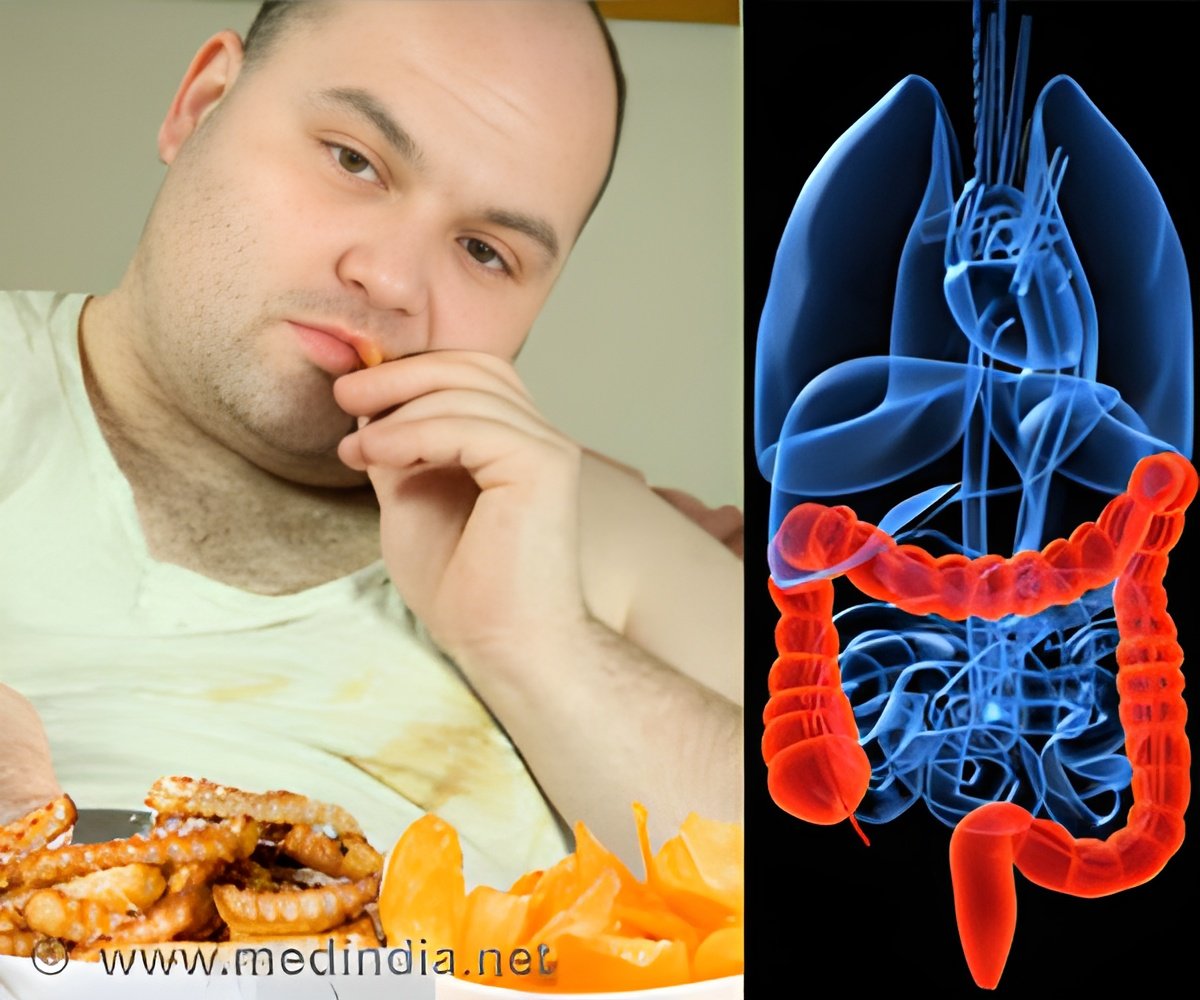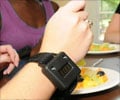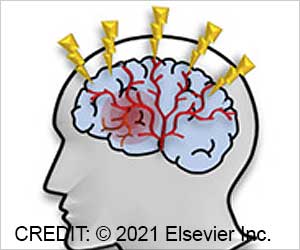New ways through which one can manage digestive health through diet and lifestyle were revealed at the Digestive Disease Week in Florida.

"Our findings may have significant implications for these patients," said Tara Raftery, research dietician and PhD candidate at Trinity College Dublin, Ireland. "These findings, to our knowledge, are the first to suggest potential benefits of vitamin D supplementation on muscle strength with corresponding benefits for fatigue and quality of life in Crohn's disease. These findings, however, need to be confirmed in larger studies."
The study found that after three months of taking 2000 IU of vitamin D per day, patients' muscle strength, measured by hand-grip, was significantly higher in both dominant and non-dominant hands compared to those taking placebo. Patients also reported significantly less general, physical and mental fatigue and a higher quality of life when levels of vitamin D were 75 nano mole per liter or more.
Diet swap provides clue to level of colorectal cancer risk Building on growing knowledge about the human microbiome, research from the University of Illinois, Urbana-Champaign; University of Pittsburgh, PA; Wageningen University, the Netherlands; and the University of KwaZulu-Natal, South Africa, features new data on microbiota and colorectal cancer risk. Researchers found a dramatic and rapid shift in gut microbiota after switching the diet in healthy subjects from a traditional Western diet to a Zulu African diet and vice-versa. Funded by a grant from the National Institutes of Health, the study's results show changes in gut microbiota that might explain levels of colorectal cancer risk.
"African Americans have the highest colorectal cancer incidence and mortality rates of all racial groups in the U.S. The reasons for this are not yet understood," said Franck Carbonero, postdoctoral research associate at University of Illinois at Urbana-Champaign. "Our findings offer insight into this disparity and pave the way for new research."
During the study, researchers fed 20 Zulu Africans 600 grams of meat per day for two weeks and fed 20 African Americans in Pittsburgh a traditional Zulu diet comprised primarily of a corn-based porridge called putu. Comparing stool samples before and after the diet exchange in each case, researchers found dramatic changes in colonic microbiota.
Advertisements
New needleless acupuncture therapy decreases symptoms of indigestion A study from Texas Tech University, El Paso, and the University of Mississippi, Oxford, holds promising results for diabetic patients suffering from indigestion symptoms like nausea, vomiting, bloating and heartburn. The study tested a new method of therapy using a custom-made wireless device to stimulate acupuncture points with electrical waves on the surface of the skin rather than needles.
Advertisements
Because of the limited pharmacological treatment options available, many patients build up a tolerance to prescribed medicine. Additionally, traditional acupuncture requires patients to make repeat appointments and a fear of needles may make it undesirable for many patients. The wireless, needleless device tested in the study was designed by Jiande Chen, PhD, professor at the University of Texas' Medical Branch at Galveston, and allows clinicians to tailor the frequency and amplitude of the electrical waves used to stimulate acupuncture points.
Funded by grants from the National Institutes of Health, patients were instructed to spend 240 minutes each day using the device on designated spots on the body. They kept a detailed diary tracking specific gastroparesis symptoms and the number of heartburn episodes per day.
Dr. McCallum worked with fellow Texas Tech professor Irene Sarosiek, MD, senior author of this project, to analyze results of a four-week period of use of the device. Compared to the placebo group, the device significantly improved five out of nine gastroparesis symptoms — vomiting was reduced by 39 percent, nausea by 30 percent and bloating by 21 percent. The number of heartburn episodes decreased significantly when patients utilized active stimulation.
"These exciting initial results have great potential for patients," Dr. McCallum said. "With the customizable features of the device, we can explore fine-tuning the therapy to directly target specific symptoms."
Source-Eurekalert











